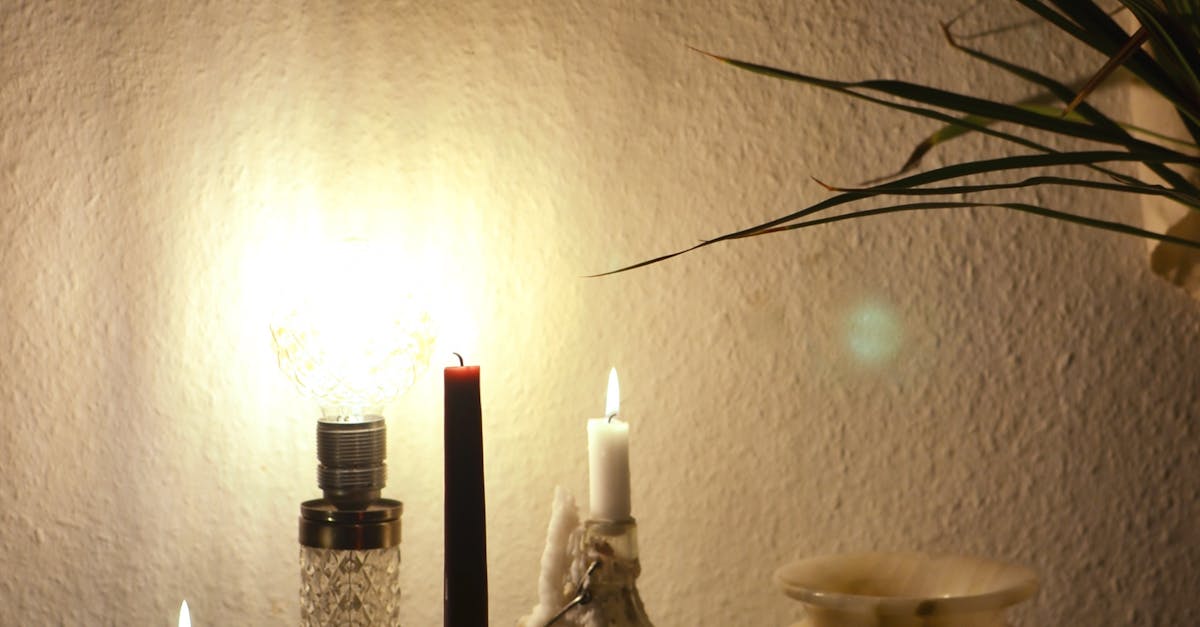
7 Advantages of Using Fibreglass Insulation
Lightweight and Easy to Handle
Fibreglass insulation offers significant advantages due to its lightweight nature, making it much easier to transport and handle during installation. This characteristic reduces the physical strain on workers, allowing for a more efficient installation process. As a result, projects can be completed more quickly, providing savings in both time and labour costs.
The ease of handling also facilitates better access to tight spaces within buildings. Installers can manoeuvre the material more easily, ensuring thorough coverage in areas that might be challenging with heavier alternatives. This accessibility contributes to a more effective insulative barrier, enhancing the overall energy efficiency of a building while simplifying the labour involved in the installation.
Simplifying Installation Processes
The design of fibreglass insulation allows for straightforward handling and installation. Its lightweight nature makes it easy for workers to manoeuvre without the need for heavy lifting equipment. This feature can significantly reduce the time and effort required in the installation process. Additionally, fibreglass insulation often comes in pre-cut batts or rolls, which simplifies the fitting into walls, ceilings, and attics.
Furthermore, the flexibility of fibreglass allows it to be easily adapted to various spaces. Installers can cut the insulation with minimal tools to fit around obstacles, such as pipes and electrical wiring. This adaptability not only enhances effectiveness but also helps reduce waste during the installation. Overall, the simplicity in both handling and fitting contributes to a more efficient insulation process.
Longevity and Durability
Fibreglass insulation is well-known for its impressive lifespan, often lasting for decades without losing its effectiveness. This durability comes from its resistance to moisture and mould, which can often compromise other types of insulation. Furthermore, fibreglass does not sag over time, ensuring that its insulating properties remain intact throughout its lifecycle. Property owners can invest in this material with confidence, knowing it will provide consistent performance for years to come.
In addition to its longevity, fibreglass insulation is also highly resistant to pests. Unlike materials such as cellulose, which can attract rodents and insects, fibreglass remains untouched by these threats. This natural resistance contributes not only to the overall integrity of the insulation but also to maintaining a healthy indoor environment. Homeowners appreciate the reduced need for replacements and repairs, resulting in both economic savings and peace of mind.
Maintaining Performance Over Time
Fibreglass insulation is known for its ability to maintain thermal efficiency throughout its lifespan. Its inherent structure resists settling or compacting, which can diminish the insulating properties commonly seen in other materials. This stability ensures that buildings retain optimal energy performance without the need for frequent replacements or upgrades. As the insulation ages, its resistance to moisture and pests also contributes to consistent energy efficiency, allowing homeowners to enjoy reduced energy costs over time.
The material is impervious to mold and will not contribute to indoor air quality issues, which can arise from insulation degradation. This resilience means that even after several years, fibreglass continues to perform effectively, providing reliable insulation. With regular inspections and minimal maintenance, it can serve as a long-term solution for energy efficiency in residential and commercial properties alike. This makes it an ideal choice for those seeking reassurance in their investment over the years.
Environmentally Friendly Option
Fibreglass insulation is often hailed as an environmentally conscious choice in the building industry. Its production typically utilises recycled materials, which helps reduce the demand for virgin resources. Many manufacturers incorporate post-consumer glass, decreasing waste in landfills and contributing to a circular economy. This process not only lessens the environmental impact but also promotes the use of sustainable materials in construction.
Additionally, fibreglass insulation contributes positively to energy efficiency within homes and buildings. By providing excellent thermal performance, it reduces the need for excessive heating and cooling. This energy efficiency translates into lower carbon emissions, as less energy consumption means a smaller ecological footprint. Choosing fibreglass insulation can thus play a significant role in creating more sustainable living spaces.
Sustainability Benefits of Fibreglass
Fibreglass insulation is manufactured using recycled materials, which significantly reduces the demand for new resources. This process not only lessens the environmental impact associated with raw material extraction but also promotes recycling, effectively helping to minimise landfill waste. The energy required for its production is often lower than that of alternative insulation materials, contributing to a smaller carbon footprint throughout its lifecycle.
Furthermore, fibreglass insulation is highly energy efficient, contributing to reduced energy consumption in buildings. By maintaining optimal indoor temperatures, it lowers the need for heating and cooling, helping to decrease reliance on fossil fuels. This efficiency leads to long-term savings on energy bills and supports a more sustainable approach to building management.
FAQS
What are the main advantages of using fibreglass insulation?
The main advantages of fibreglass insulation include its lightweight nature, ease of handling, longevity and durability, consistent performance over time, and its environmentally friendly properties.
Is fibreglass insulation difficult to install?
No, fibreglass insulation is generally easy to install. Its lightweight design simplifies the installation process, making it manageable for both professionals and DIY enthusiasts.
How long does fibreglass insulation last?
Fibreglass insulation is known for its longevity and durability, typically lasting for several decades when properly installed and maintained.
Does fibreglass insulation maintain its performance over time?
Yes, fibreglass insulation maintains its performance over time, offering consistent thermal resistance and sound absorption throughout its lifespan if kept dry and undamaged.
Is fibreglass insulation an environmentally friendly option?
Yes, fibreglass insulation is considered an environmentally friendly option. It is made from recycled materials and is recyclable itself, contributing to sustainability efforts.
Related Links
Review of the Top Fibreglass Insulation BrandsHistorical Overview of Fibreglass Insulation
Roundup of Best Practices for Installing Fibreglass Insulation
Why You Should Consider Professional Installation of Fibreglass Insulation
Why is Fibreglass Insulation a Popular Choice
What are the Benefits of Fibreglass Insulation